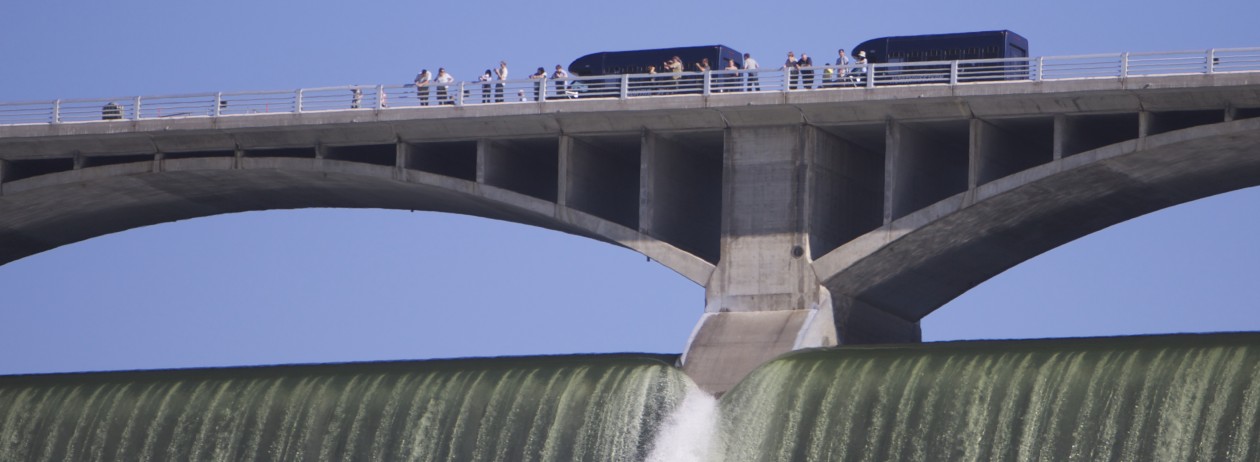
I had a call from a guy on the coast wondering if he could still launch his boat on Lake Roosevelt this weekend if he brought his son over for a little winter fishing.
The answer: an emphatic yes, with footnotes.
Here’s the lake level situation and more.
Right now (about 3 pm, Sunday, Feb. 9, 2014), the lake level is predicted to “stabilize” at around 1,271 feet above sea level, or about 19 feet below the completely full mark.
That leaves most launches open, including Crescent Bay and Spring Canyon.
That said, you might find your favorite cove iced over. Even Crescent Bay is solid, which hasn’t happened in years.
I’ve talked to guys catching rainbow at what we like to call Geezer Beach, and one fellow told me his group caught two limits on the shore at Swawilla Basin last week.
You can find current lake level in this chart under “Midnight Elevation Level.”
And here’s our list of boat launch elevations.
MINIMUM BOAT LAUNCH ELEVATIONS
Crescent Bay 1265′
Spring Canyon 1222′
Keller Ferry 1229′
Hansen Harbor 1253′
Jones Bay 1266′
Lincoln Mill 1245′
Hawk Creek 1281′
Seven Bays 1227′
Fort Spokane 1247′
Porcupine Bay 1243′
Hunters Camp 1230′
Gifford 1249′
Daisy 1265′
Bradbury Beach 1251′
Kettle Falls 1234′
Marcus Island 1281′
Evans 1280′
North Gorge 1280′
Snag Cove 1277′
French Rocks 1265′
Napoleon Bridge 1280′
China Bend 1277′



